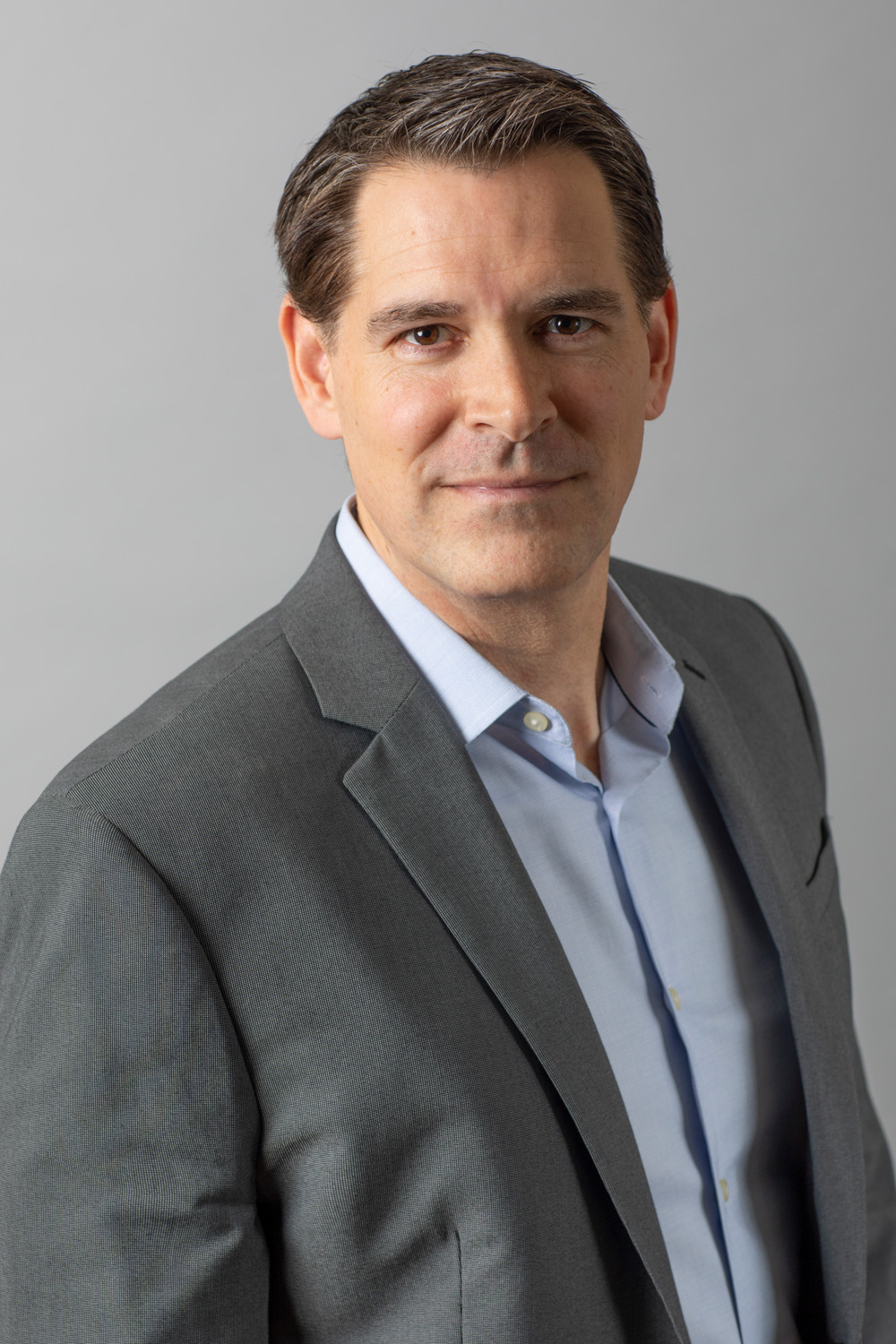
How to Pick the Right Partner
February 12, 2019

Did I pick the right partner
There’s probably truth in all of that. But none of it changes the fact that something initially felt so right – and later felt so wrong. Why the dramatic shift? And what makes us fall for who we fall for, anyway?
This much is pretty clear: maybe it’s their sense of humor, intelligence, mom or dad bod, shared values, sense of style, ambition, power, cooking skills, razor wit and resources that attract us. Consciously or not, some of us also tend to look for partners who resemble us (appearance, IQ, emotional intelligence). There’s ‘dynamic attraction,’ which includes charisma and magnetism. Pheromones also play a key role in getting us together, along with physical health and symmetry, and even taste (part of why kissing can be a deal-maker or a deal-breaker).
Pick the Right Partner
Here are a few theories of attraction that aren’t so self-evident:
- Feel-good chemicals in the brain play a significant role in attraction. Rutgers anthropologist Helen Fisher found that people with dopamine-dominant personalities (curious, creative, and adventurous) tend to be drawn to other dopamine-heavy partners. Serotonin-dominant people (traditional, conscientious, and rule-following) are also drawn to individuals like themselves. On the other hand, testosterone-dominant people (analytical, skeptical, and tough-minded) and estrogen-dominant individuals (nurturing, contextual, and imaginative) are drawn to each other – they are “essentially attracted to their behavioral opposites,” Psychology Today says. (Note that all this brain chemistry is a big reason why attraction and love can sometimes feel like an addiction; many compare it to the
cravings of a gambling or opioid addict.)
- Many multimillion-dollar book, movie and TV deals revolve around the question, “Why am I attracted to people who seem – or flat out are – wrong for me?” According to Imago relationship therapy, it’s because sometimes our wounded self is doing the attracting. Using this theory we can be attracted to a particular person because he or she helps us “recreate the conditions of our childhood” – so we can use our skills as adults to (hopefully) finish growing up. According to Dr. Harville Hendrix and Dr. Helen Hunt, falling in love can be “an unconscious recognition of someone who matches an unconscious composite of positive and negative characteristics of our childhood caregivers.” In short, the object of our affection ignites a feeling that “they can make us whole again.” Hendrix and Hunt also believe that we can often fall in love with someone who has the same childhood wounds we
have, but has a significantly different way of coping (an interesting take on ‘opposites attract’).
- One final less obvious theory of attraction comes from Dr. Eric Berne. His work draws from Sigmund Freud, who suggests that every person has three “ego states”: the parent, or what you’ve been taught; the child, or what you have felt; and the adult, or what you have learned. Berne believes that when two people are really compatible, they connect at each level. Couples therapist Peter Pearson shared with Business Insider some good questions for gauging that connection:
- The parent: Do you have similar values and beliefs about the world?
- The child: Do you have fun together? Can you be spontaneous? Do you think your partner is hot? Do you like to travel together?
- The adult: Does each person think the other is bright? Are you good at solving problems together?
So, what do we do with all that information on attraction? First, being aware is powerful. These theories of attraction can be much less potent, unseen dynamics when we understand them.
But second, and even more important, is self-knowledge. Knowing ourselves deeply allows us to navigate the dating world and relationships more effectively, make better choices. Armed with that self-understanding we can better know when to go with our natural instincts – and when to firmly push against them.
Picking partners who are wrong for you? Struggling in your current relationship? Our counselors and coaches can help—contact The Montfort Group today.
accept
We use cookies to improve your browsing experience and ensure the website functions properly. By selecting 'Accept All,' you agree to our use of cookies.
© Tmg XXXX
Brand & Website by Writefully Said
Contact our office:
The Montfort Group is a highly-trained team of professional therapists in Plano, TX providing counseling and support for individuals, couples, teens, and families.
Stay Connected
Schedule Now
